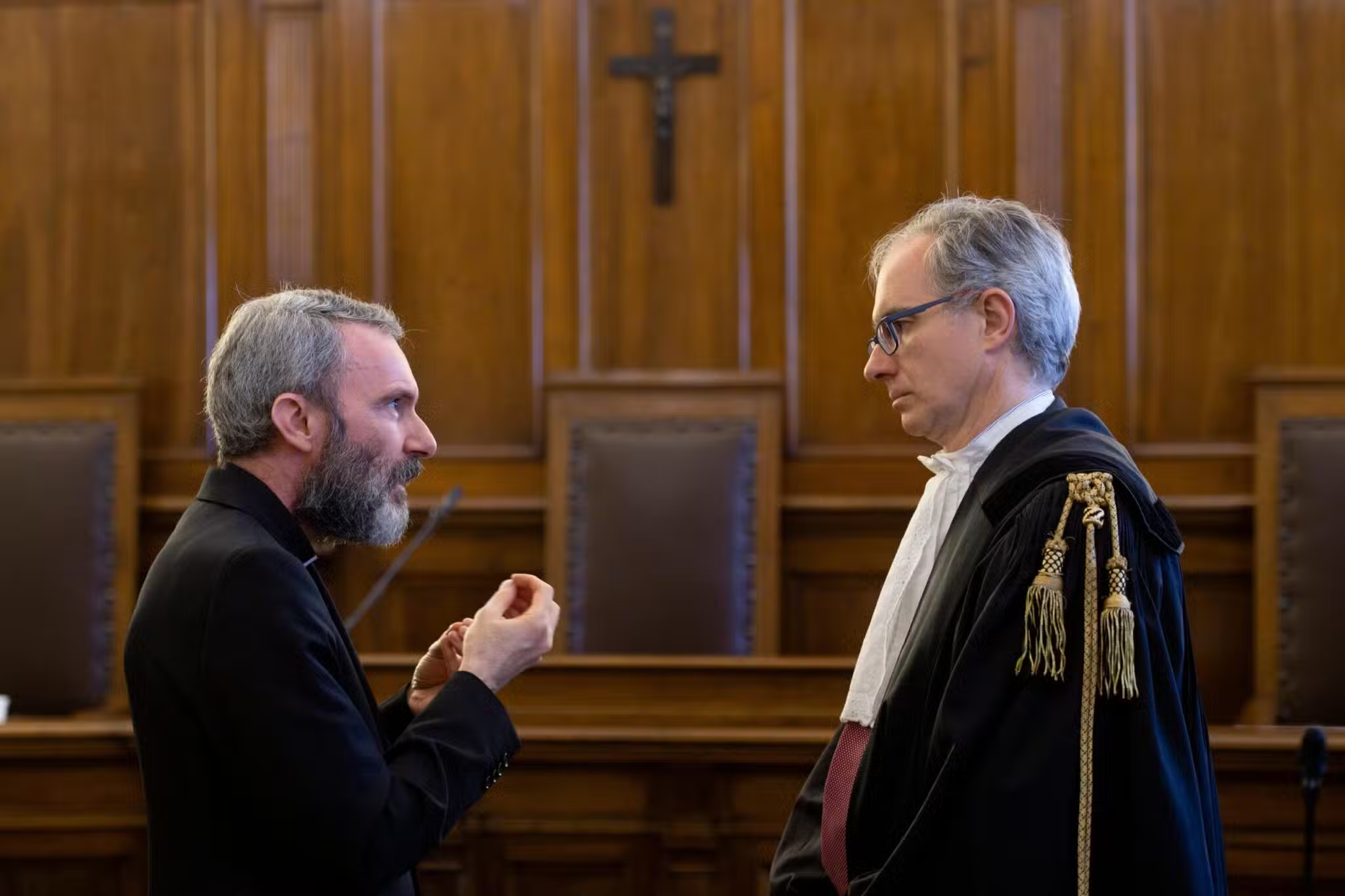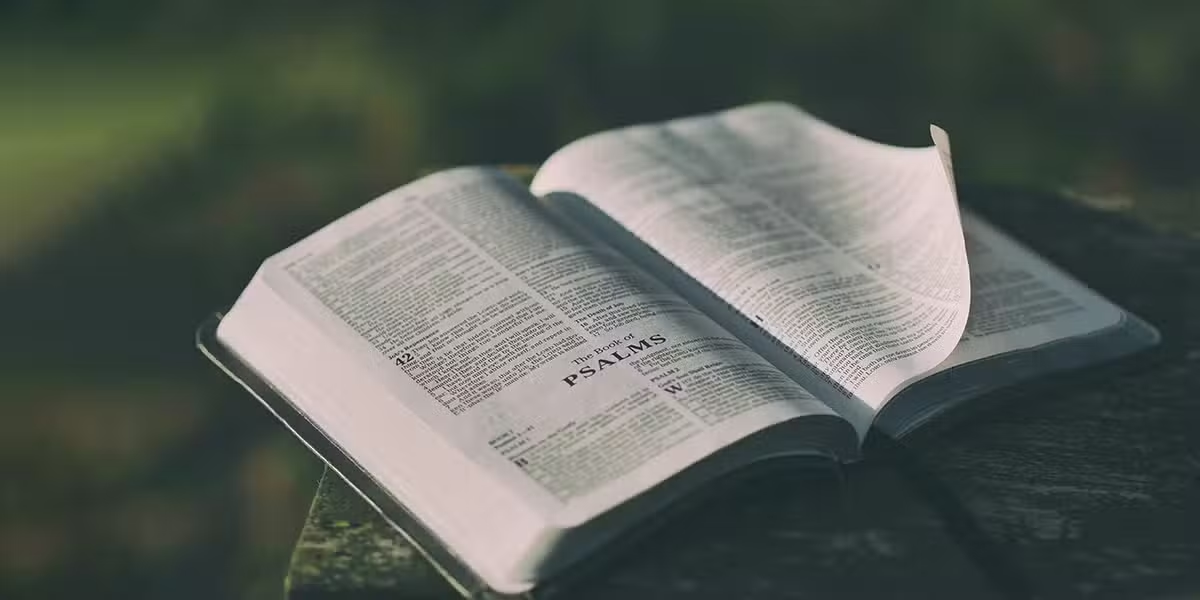Friday of the Fourth Week of Advent
December 23, 2022
Daily Reading from the USCCB: Malachi 3:1-4, 23-24
The Book of Malachi is the last book of the Old Testament. It leads its readers out of the preliminary revelation into the world of redemption by Christ.
Today the prophet looks forward to the advent of the Lord who will come to purify his people, to bring a new era of holiness. But before the coming of the Lord there will be an initial stage. Elijah the prophet will return to prepare the people to receive the Lord.
In what Malachi promises it’s easy to see the coming of Jesus the Messiah, preceded by John the Baptist, the forerunner. He would renew the people for their new relationship with God. God has elaborate plans for salvation. These plans are still being fulfilled today.









Thank u